Like the rest of the industry, Broadcast has had to react to the challenges of Covid-19
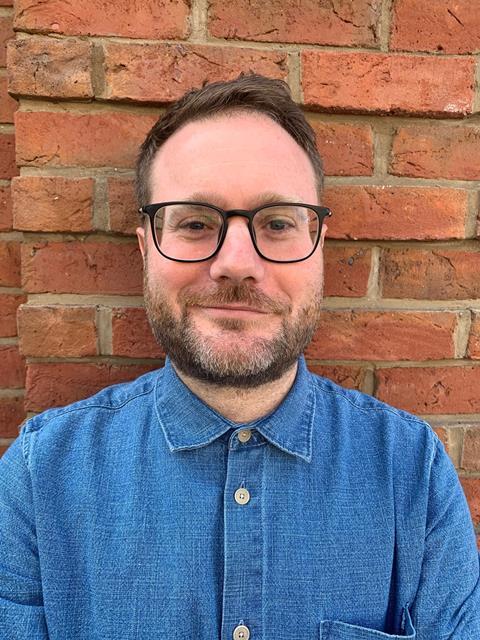
Welcome to the new Broadcast.
The idea of reinventing our magazine as a monthly title was already in the ether in March when lockdown struck, but was still very much in development rather than moving into pre-production. Like so many of the companies we cover, Covid-19 had prompted us to reassess how, why and what we do, and to expedite change.
The result is a magazine conceived over Zoom but produced (thankfully) in a socially distanced office, that aims to lift our ambitions in every area.
We want it to be the perfect counterpart to our fast-moving, news-led website. While the latter keeps you up to speed with the latest twists – Nicola Shindler leaving Red after 22 years to join ITV Studios, or Charlotte Moore stepping back from BBC1 – the magazine should be a place to provide deeper analysis, genuine insight and the kind of overview that tries to make sense of the shape of things. We hope you enjoy it.
So where is the industry right now? Perhaps in a slightly unusual period of quiet after a storm.
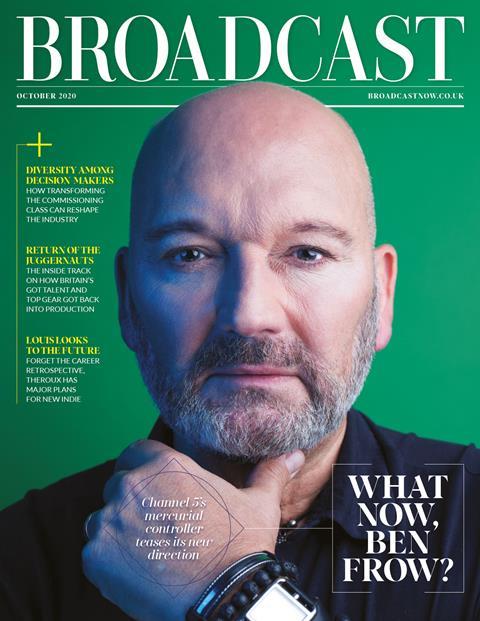
Covid-19 rocked indies, broadcasters and post houses alike, and prompted plenty of tough decisions – but it also encouraged unprecedented collaboration, with creatives sharing back-to-production tips and rival genre bosses holding conference calls.
While there are serious concerns about budget cuts at commercial broadcasters (and Channel 4 in particular), and about the health of a freelance sector that was woefully unsupported during the pandemic, a kind of entente has emerged between the industry’s biggest players.
Back in 2009, James Murdoch was standing on the MacTaggart lecture stage, waving a placard plastered with the logos of the BBC’s myriad services and raging against its imperialist tendencies. Earlier this month, Sky Arts launched just two Freeview slots down from direct competitor BBC4, but the move felt complementary and additive to free-to-air broadcasting, rather than the positioning of tanks on the corporation’s lawn.
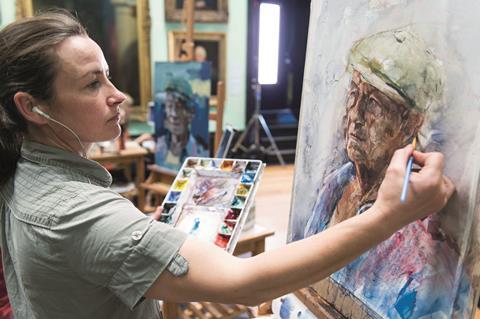
And when the DCMS committee urged Netflix execs Ben King and Anne Mensah to have their say on the future of the licence fee this month (implicitly urging them to talk up the benefits of a subscription model) they politely and firmly refused. The streaming giant competes for eyeballs ferociously with every video content service in the world (not to mention gaming and TikTok), but has no ideological axe to grind with the corporation.
The same probably can’t be said for the government. There will be tougher times ahead for the BBC and new director general Tim Davie, who will probably need to appoint a political fixer.
James Purnell, the architect of the BBC’s last charter renewal, has been removed from the executive committee and his Audio division placed under the expanded remit of Moore.
“The BBC’s challenges are the same as its peers’: getting production up and running, and balancing the books and 2021 schedule”
This is part of the natural cycle of executive change rather than a brutal snub, but Davie is likely to want someone of a “slightly bluer political tinge” to help navigate the pressures to come, according to a source familiar with the situation.
But at this moment, the BBC’s biggest challenges are the same as its peers’: getting production up and running across all genres, including high-end drama; making brave decisions rather than reacting to the uncertainty of the pandemic with conservative content choices; and grappling with how to balance the books (and the 2021 schedule) given the extra time, money and resource required to make telly as we attempt to edge back to normality.
Let’s hope that path is as smooth as possible, so the new Broadcast can cover it every step of the way.
- Chris Curtis is the editor in chief of Broadcast








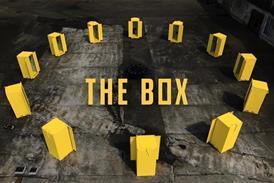















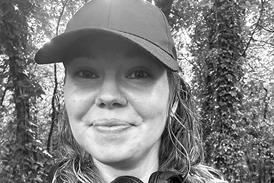








No comments yet